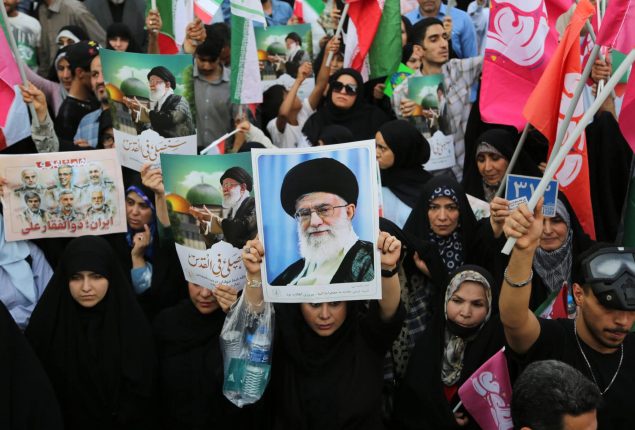

If potential regime change in Iran, then who will be the next?
Tehran: In the context of ongoing Israeli attacks supported by the United States in Iran, discussions about regime change are also taking place in Tehran.
As Iran grapples with mounting internal and external pressures—from escalating tensions in Tehran and Israeli airstrikes to a deepening economic crisis and waves of nationwide protests—the question of the Islamic Republic’s future has taken on renewed urgency.
With cracks appearing in the foundations of the current regime, attention is now turning to what might emerge in its place, and which political, social, or ideological forces could shape a post-regime Iran.
Several international and domestic actors have long been involved in supporting various opposition groups, with the United States, Israel, and European powers backing different factions to influence Iran’s future leadership.
Prince Reza Pahlavi
Notably, Prince Reza Pahlavi, son of the former Shah Mohammad Reza Pahlavi, positions himself as a pro-secular, democratic alternative and enjoys backing from Western lobbying groups, Israel, and the Iranian diaspora, along with some European think tanks.
MEK (Mujahedin-e Khalq)
The MEK (Mujahedin-e Khalq), a well-known militant and political organization led by Maryam Rajavi, also plays a significant role. While controversial due to its past armed actions, the group now focuses on diplomatic and political campaigns, maintaining support within Western countries. Despite limited popular support inside Iran, the MEK retains international influence.
Additionally, the Constitutionalist Party of Iran, which advocates for the constitutional restoration of the monarchy, is another key player.
Led by figures like Roushan Zand, the party aligns closely with Reza Pahlavi’s supporters. It has some active bases in Europe, though its influence within Iran remains limited.
Ethnic minority groups—including Kurds, Baloch, and Arabs—are also seen as potential alternative power centers. Organizations such as the Kurdistan Free Life Party (PJAK) and Baloch groups (BRZ) maintain resistance networks in their respective regions.
While their international support is limited, they are monitored by Israeli and Western intelligence agencies.






